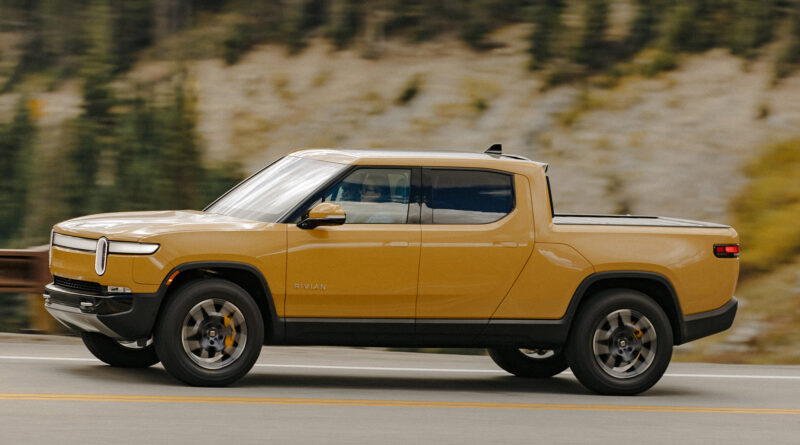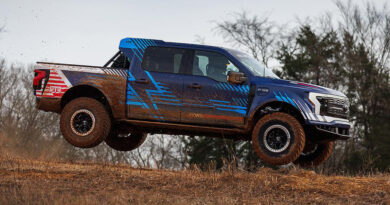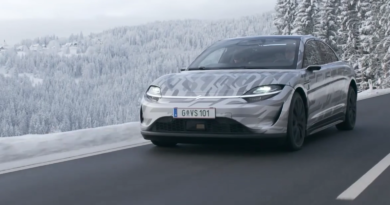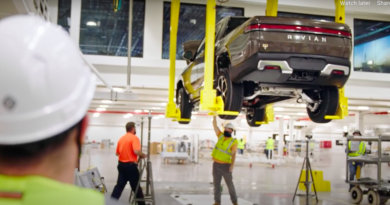The shine comes off Rivian, as EV start-up stumbles and drops billions
Rivian has become the latest electric vehicle start-up to encounter turbulent times.
With solid backing from the likes of Amazon, Ford and global fund manager BlackRock, a successful public float last November and its R1T pickup truck, R1S SUV and EDV delivery van all generating healthy orders, the future looked solid for Rivian heading into 2022.
The Rivian buzz had even hit Australia, with plenty of interest in local sales and prototype vehicles spotted here and in New Zealand on-test.
READ MORE: Rivian R1T, R1S waiting list out until late 2023 as Australian launch nudges 2024
EXCLUSIVE FEATURE: EV ute overload: The electric pickup trucks coming soon
READ MORE: Rivian in Australia: more model names registered
READ MORE: Why electric cars will be more capable off-road
But in recent times, Rivian has stumbled repeatedly.
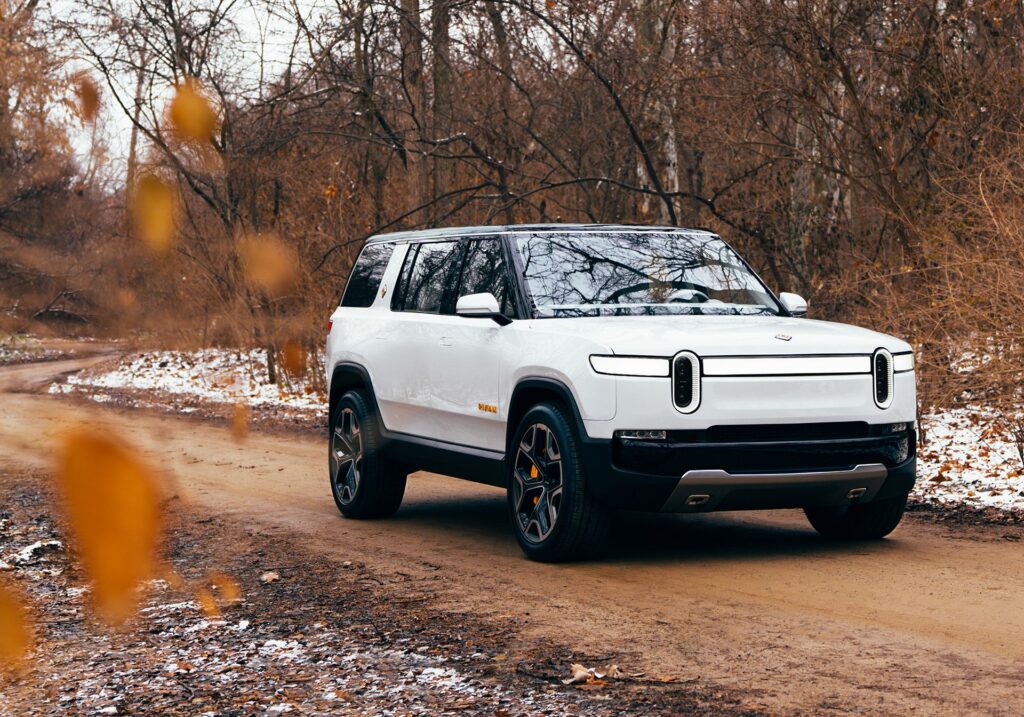
It has revealed it is struggling to ramp up production at its plant in Normal, Illinois with some models not coming until 2024. Some of that is due to supply chain issues such as the microchip shortage and some of it Rivian’s own manufacturing inexperience.
On March 1 it announced new standard range dual-motor drivetrains but also jacked up prices for quad-motor R1Ts and R1Ss by 20 percent, including about 80,000 existing orders.
The resulting pushback from aggrieved would-be Rivian buyers rtesulted in an almost immediate reversal of that decision for anyone who had placed an order prior to March 1.
Company founder and CEO RJ Scaringe apologised for the price hike in a press release.
“I have made a lot of mistakes since starting Rivian more than 12 years ago, but this one has been the most painful. I am truly sorry and committed to rebuilding your trust,” he said.
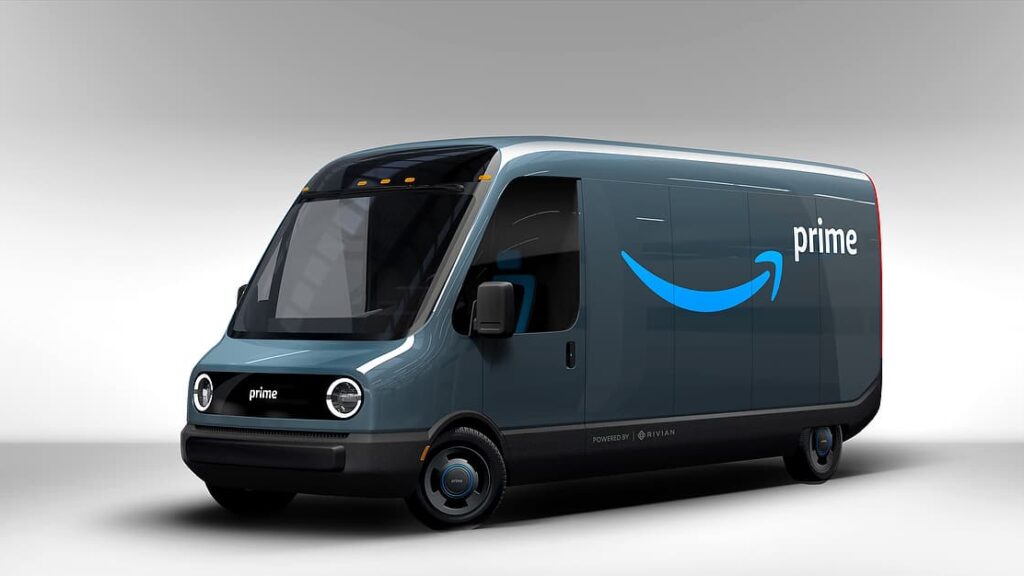
Everyone is happy right? Wrong!
A shareholder by the name of Charles Larry Crews has filed a complaint with the US District Court of San Francisco stating that Rivian was not transparent about the pricing of its products.
Crews, who purchased 35 shares in the company on opening day, adds that Rivian’s decision to make its range more expensive “would tarnish Rivian’s reputation as a trustworthy and transparent company”.
Of course, this wasn’t the first time Rivian had been in legal hot water. In November 2021, sales and marketing vice president Laura Schwab filed a suit against the company, claiming she was fired a month after raising concerns of discrimination and Rivian being a “boys’ club” to the company’s HR department.
Most recently, Rivian reported a net loss of US$2.5 billion ($3.5 billion) in the fourth quarter of 2021 and US$4.7 billion ($6.5 billion) for the full year. Annual revenue was $55 million ($76 million), coming from deliveries of just 920 of vehicles.
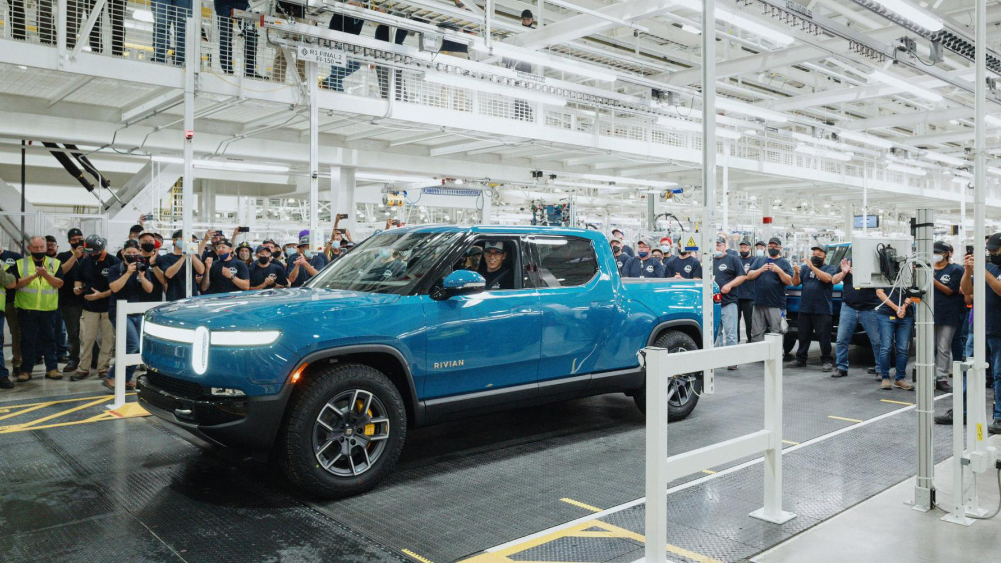
The end result of all this is the company that was valued at about US$150 billion ($208 billion) when it floated last November is now trading at around US$35 billion ($48 billion). That’s well below the circa-US$1 trillion valuation of rival EV maker Tesla.
The automaker has revised its production target for 2022 to 25,000 and it plans to lose money on those.
Despite all that there is no expectation Rivian will go the same way as Lordstown Motors, Dyson, Byton or other ill-fated EV start-ups.
It is well funded and the product appears to be darn good, as evidenced by the R1T winning Motor Trend truck of the year.
In December it confirmed a $5 billion ($6.9 billion) commitment to build its second plant in Georgia and most recently hired a new Chief Operating Officer, Frank Klein, who was previously running the Magna-Steyr manufacturing business in Austria.
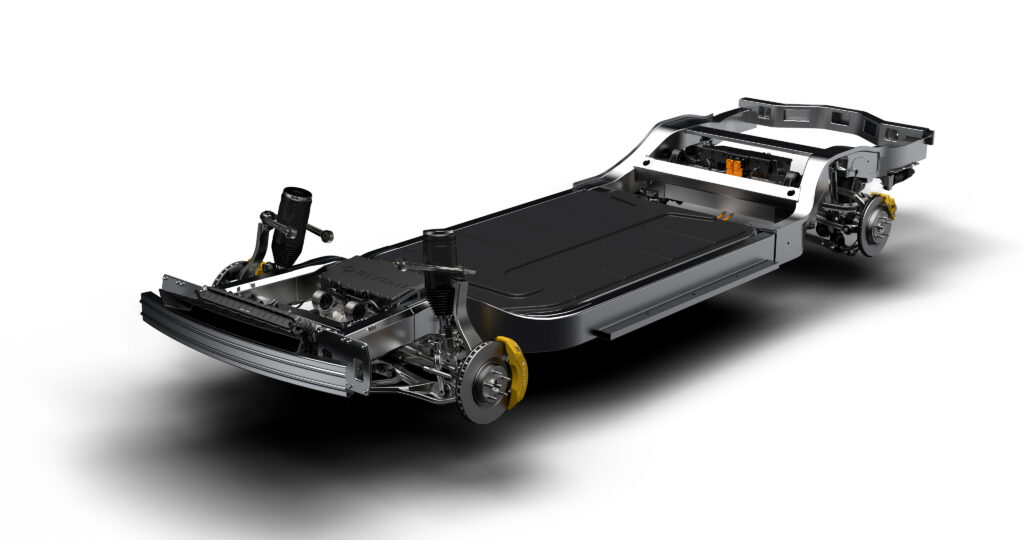
“Rivian is a well-capitalised pure EV start-up OEM that can leverage its strategic relationship with Amazon to derive scale and build software and services competencies for its consumer business. We forecast Rivian to sell 1.5 million BEVs annually in 2030,” Morgan Stanley equity analyst Adam Jonas forecast.
Scaringe himself was just as upbeat during the fourth quarter earnings call.
“While the near-term industry conditions remain very fluid, our path to creating long-term value is unchanged. We are targeting the most attractive market segments with exceptional products.”
During the analysts call Rivian also outlined a series of new technical initiatives it had underway including an 800-volt electrical system, a move away from nickel to lithium-iron phosphate (LFP) chemistry for its standard range batteries and plans to build its own batteries and e-motors in-house.

